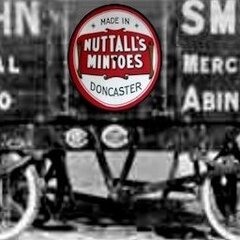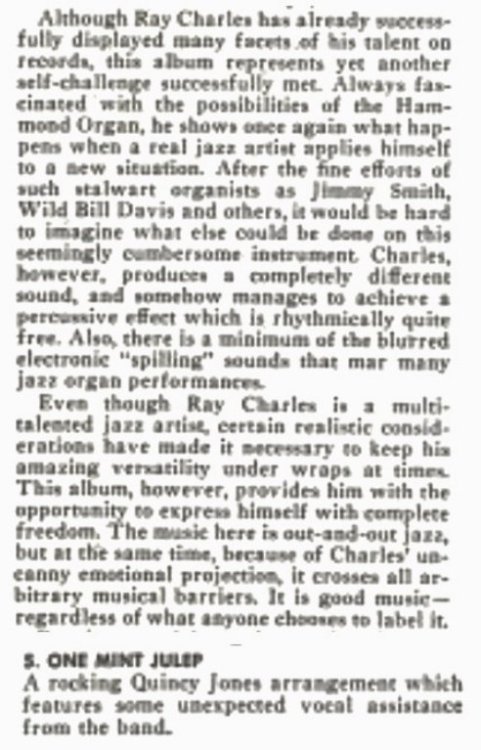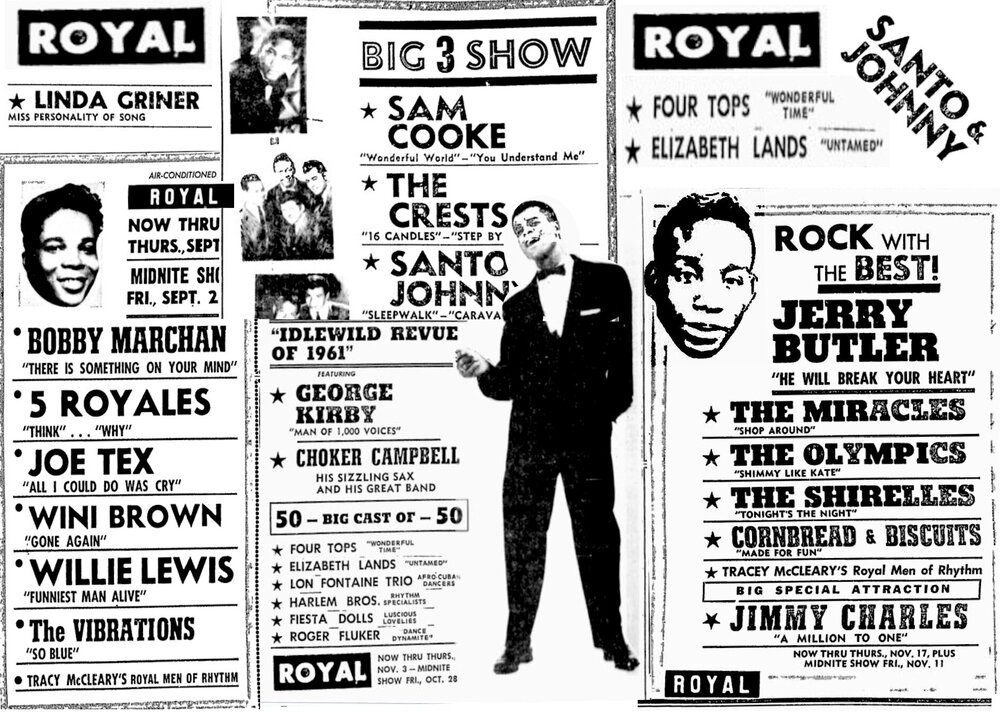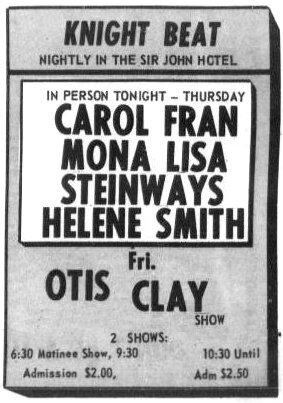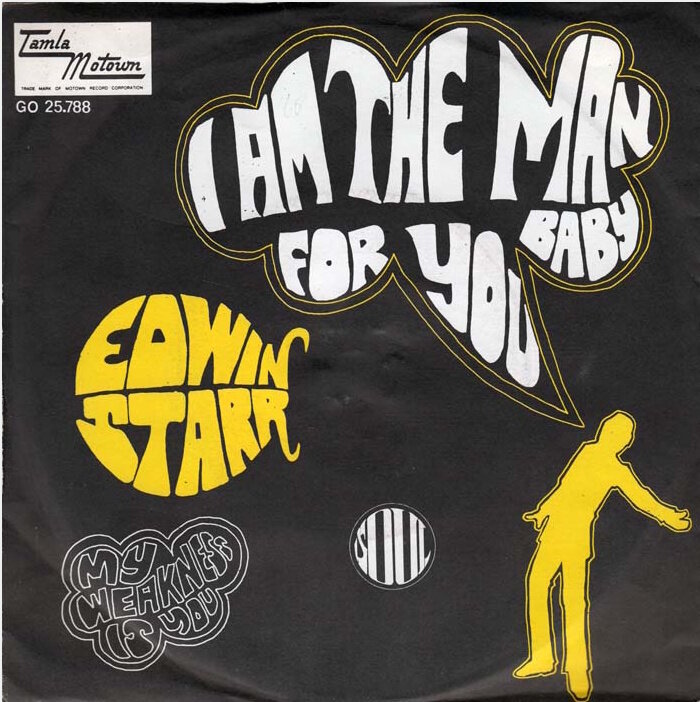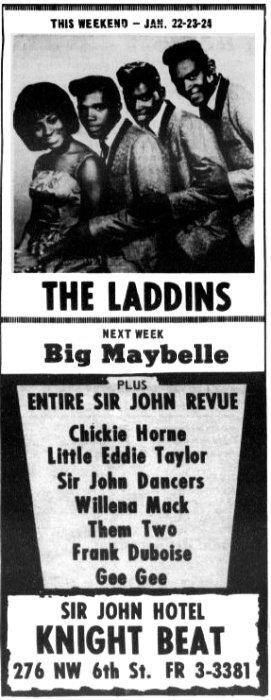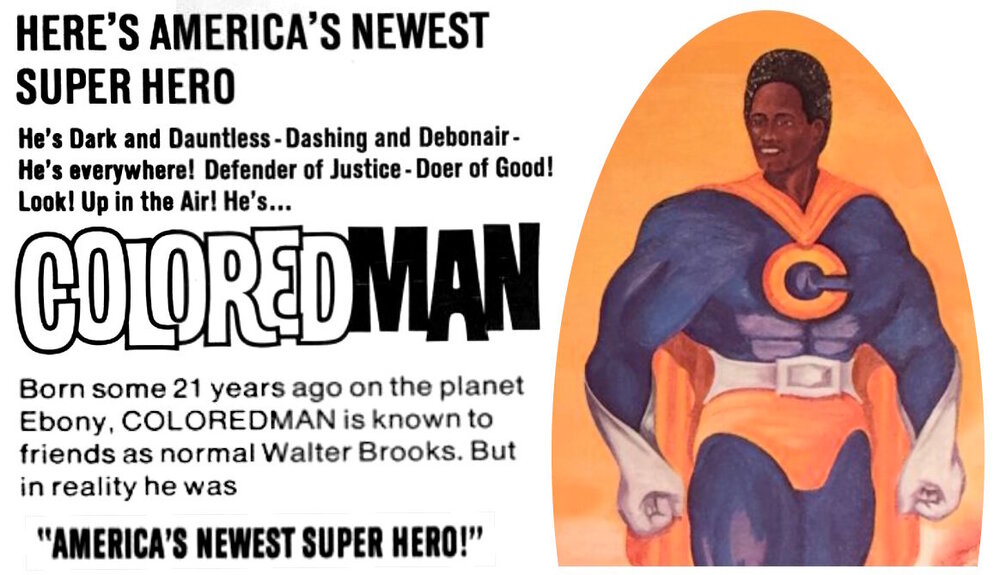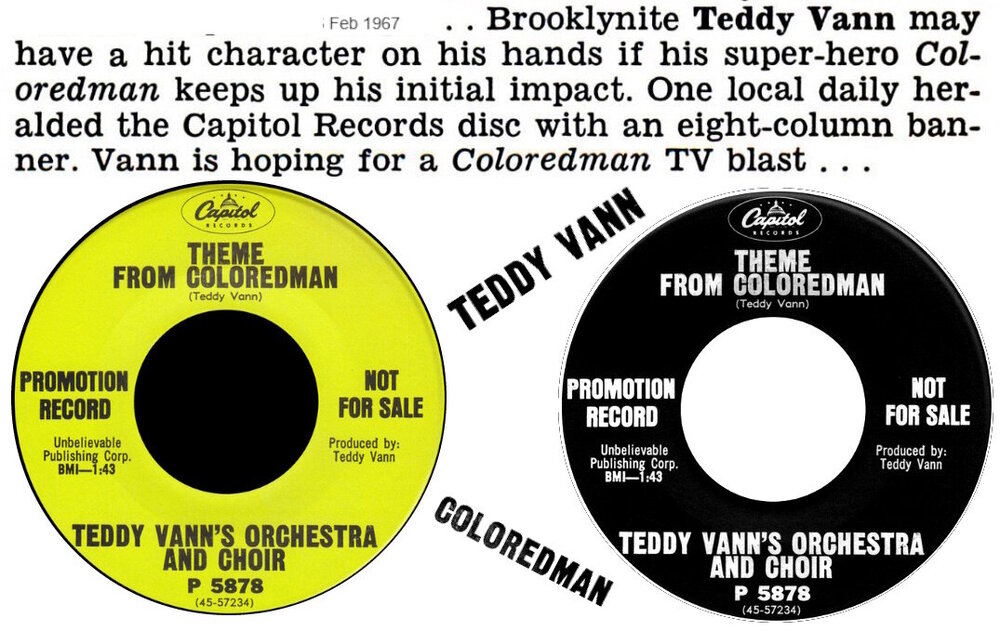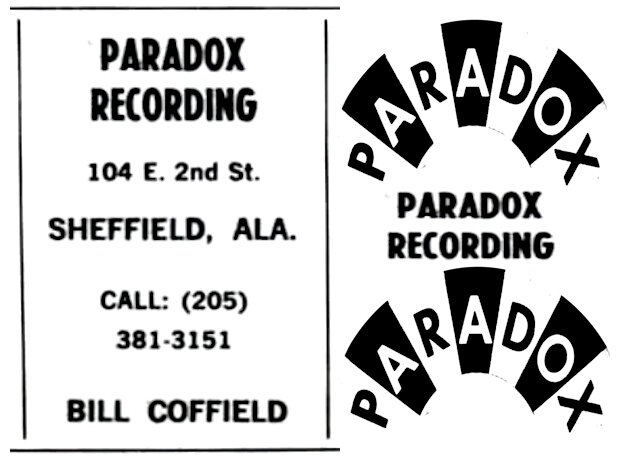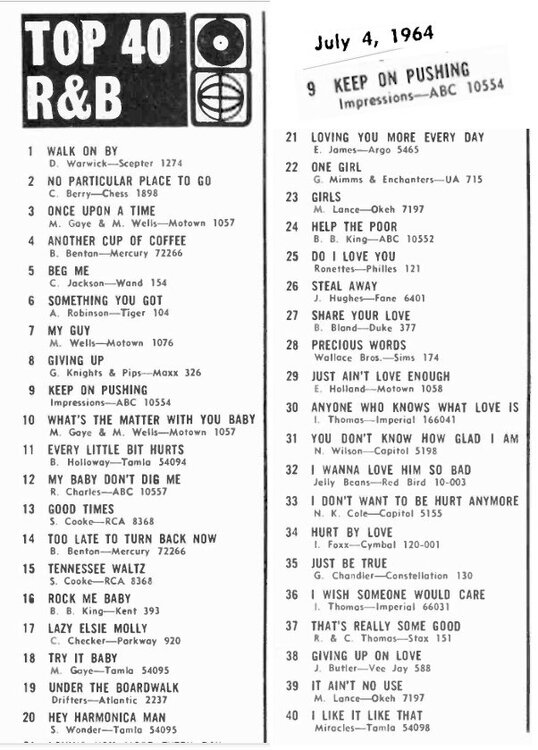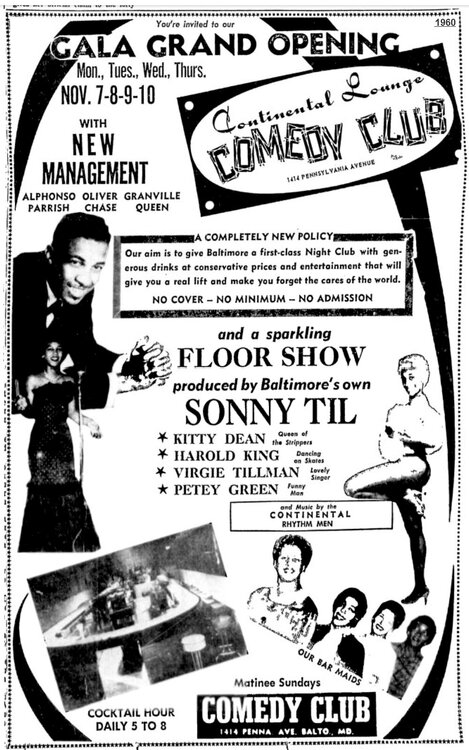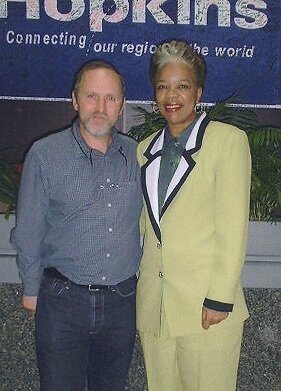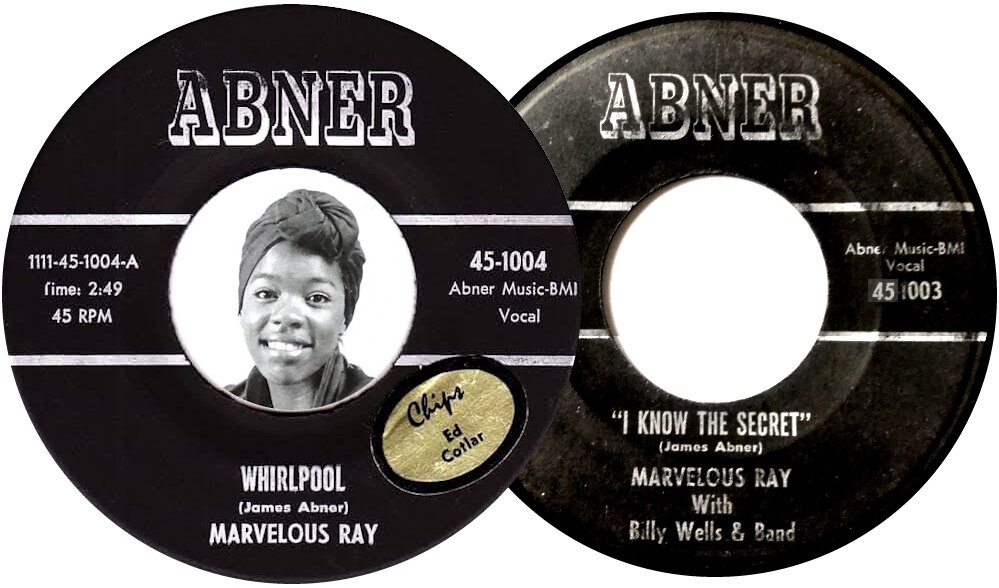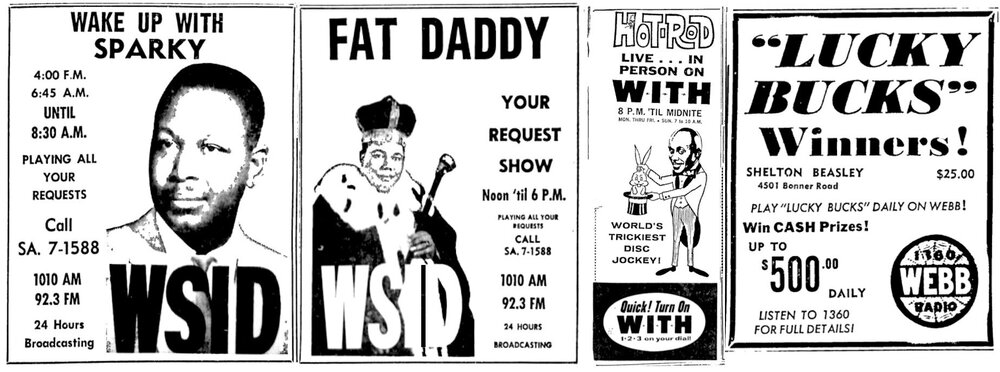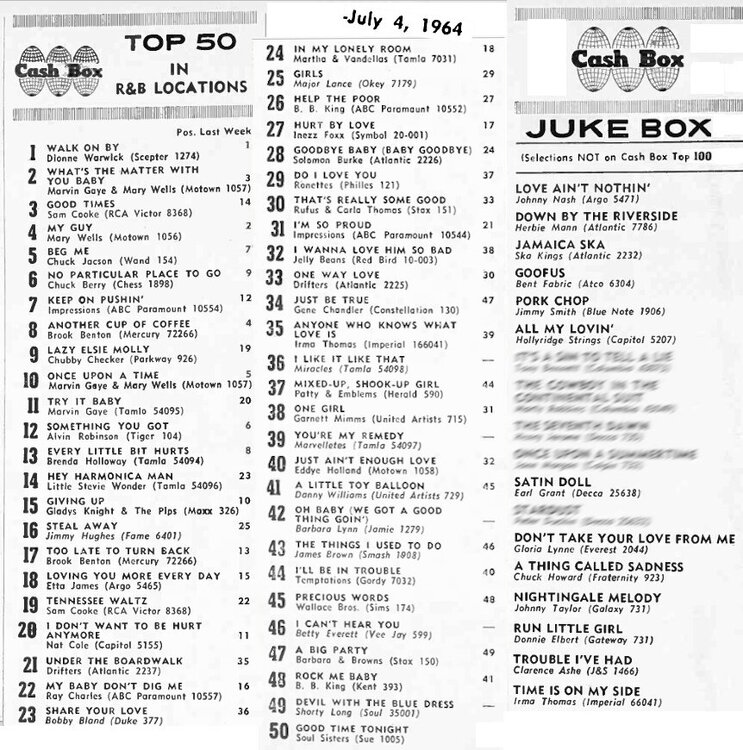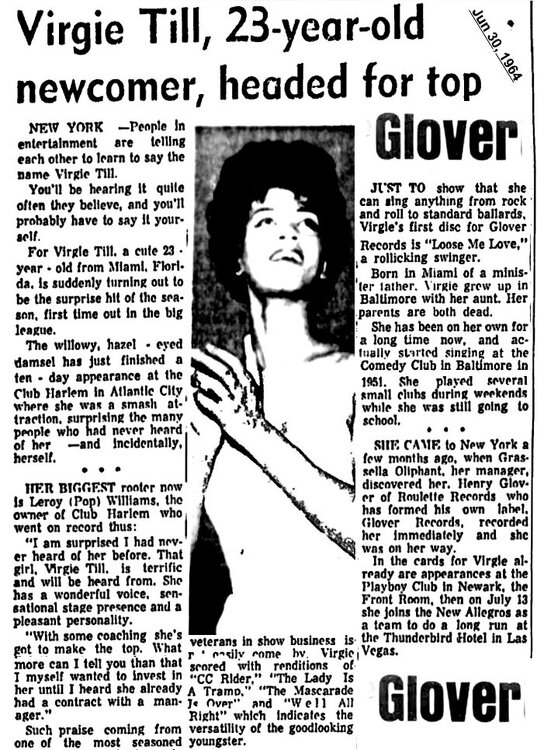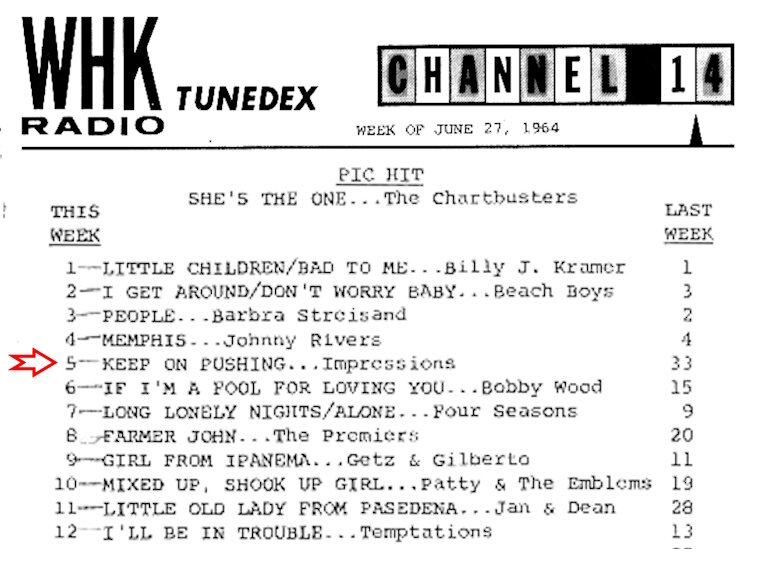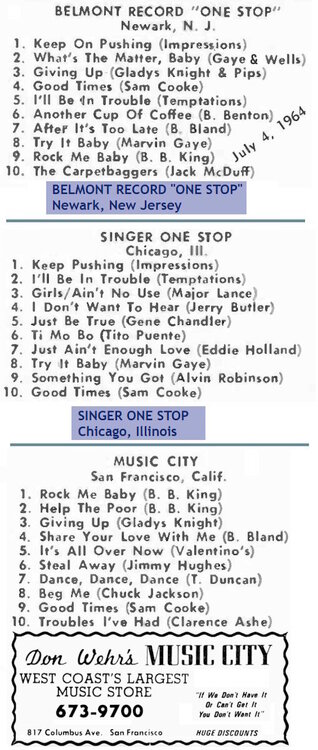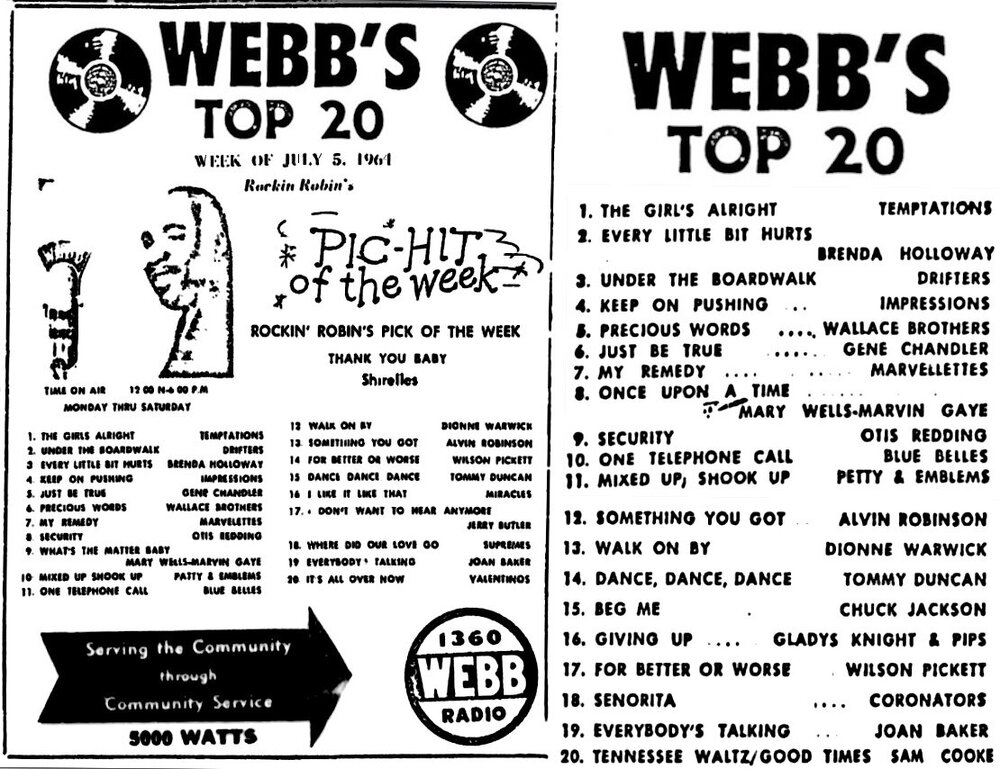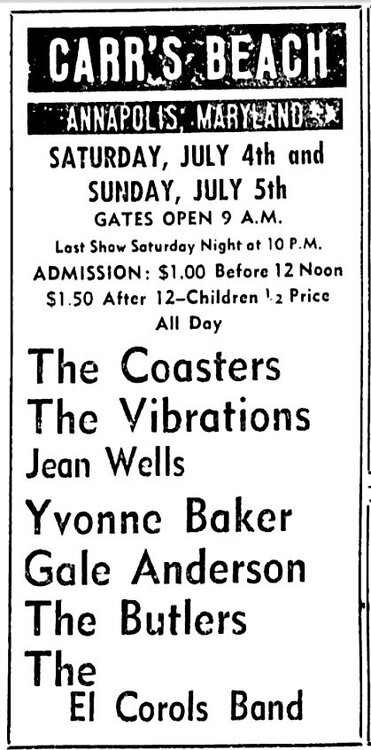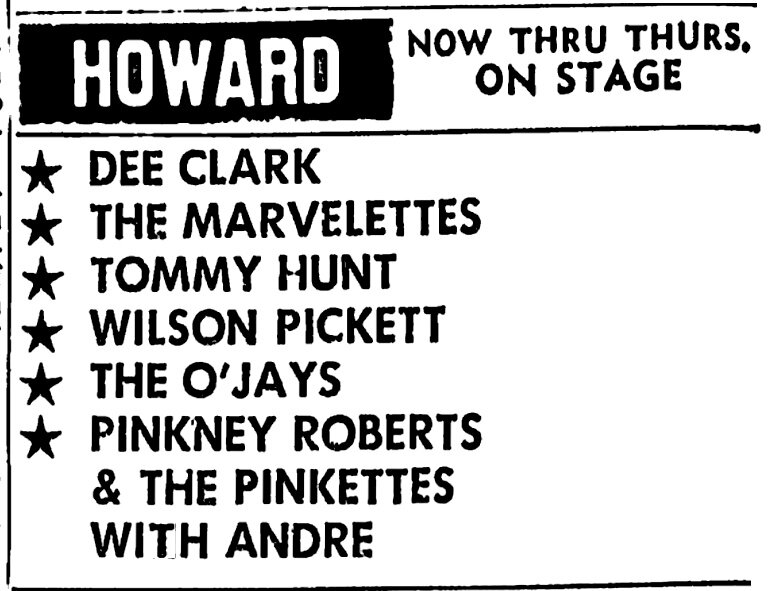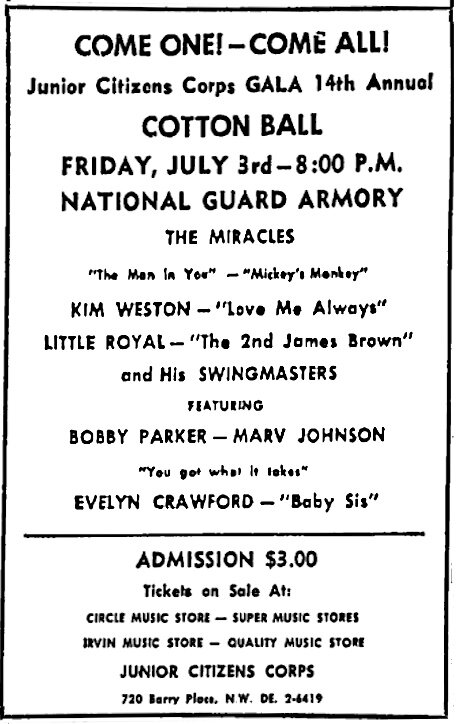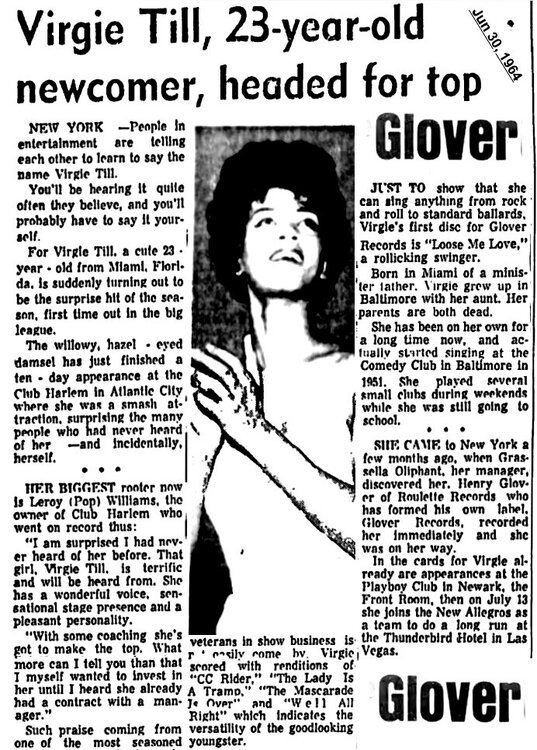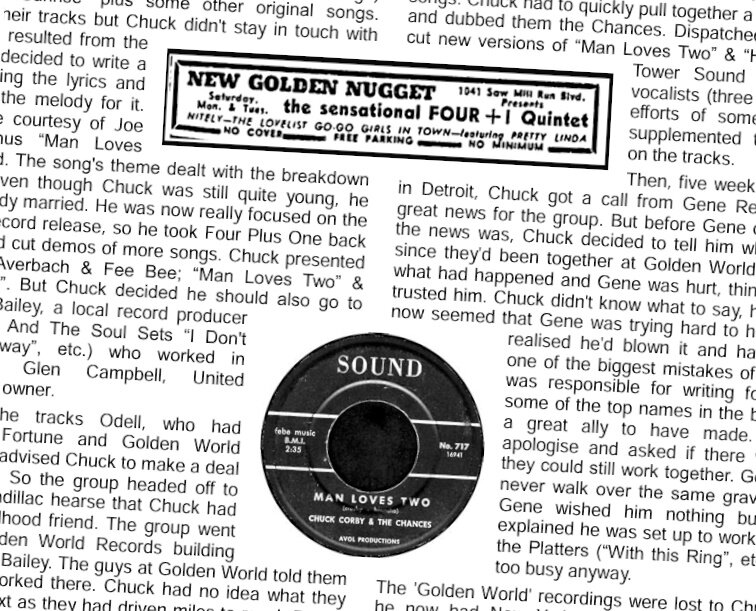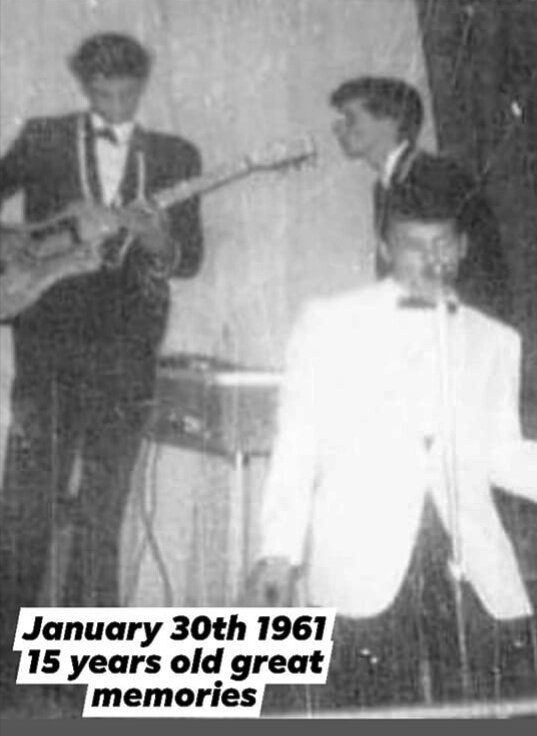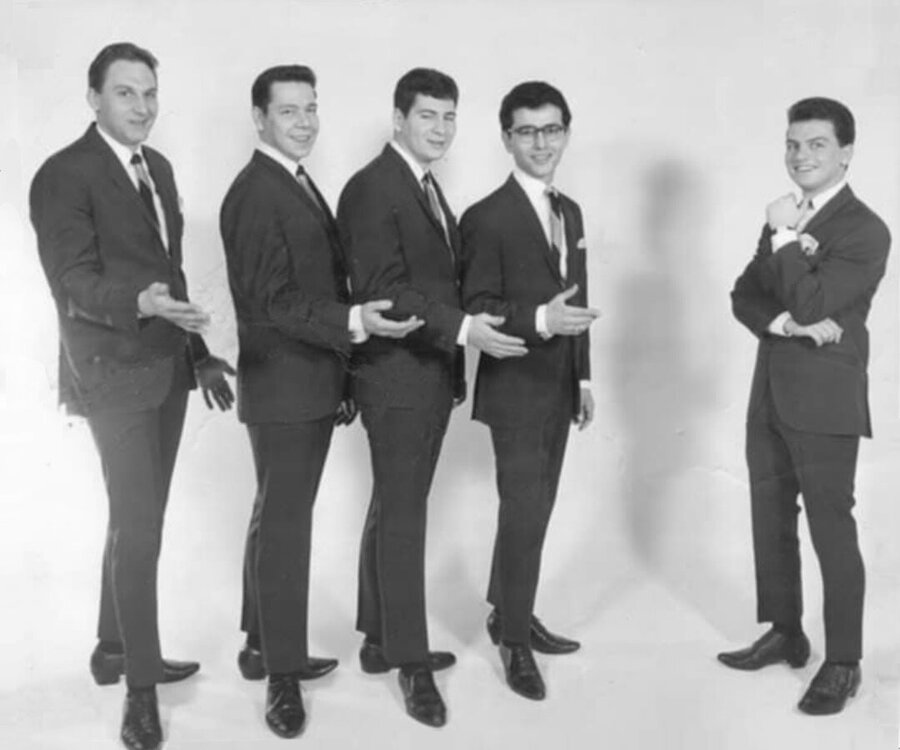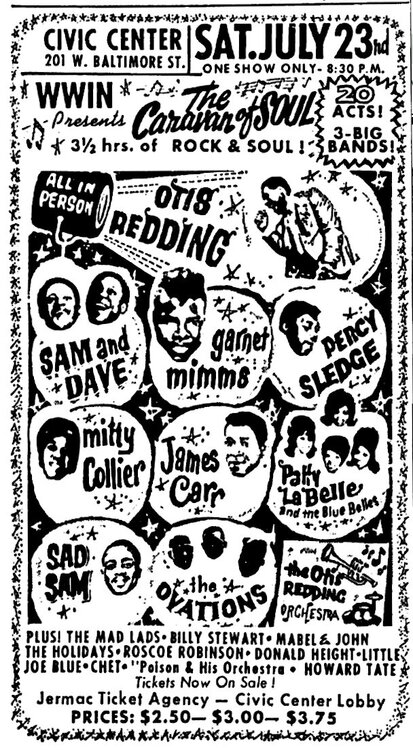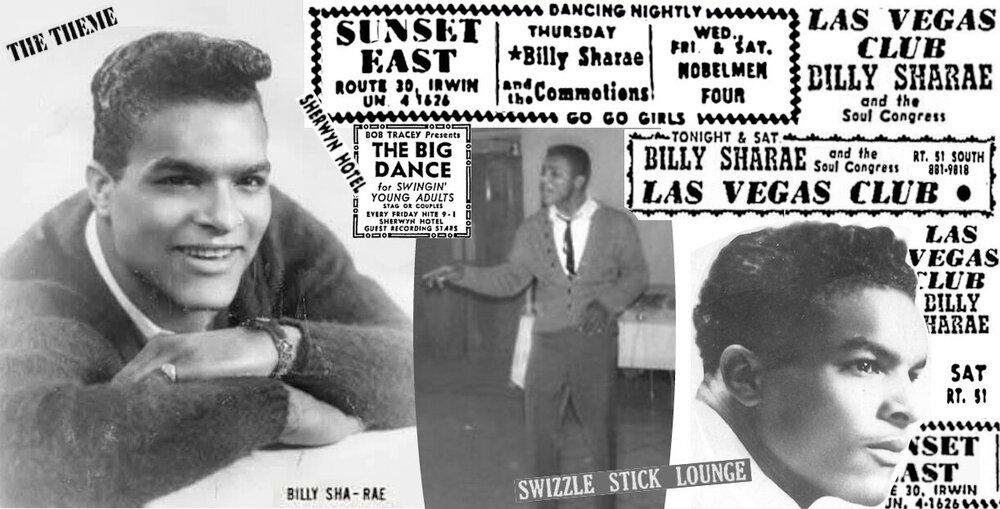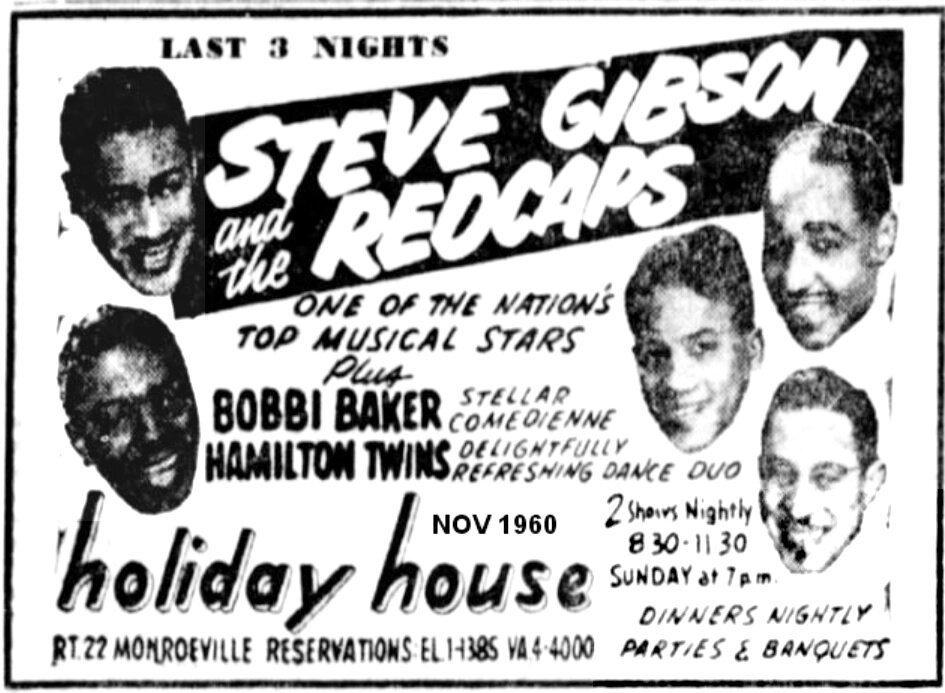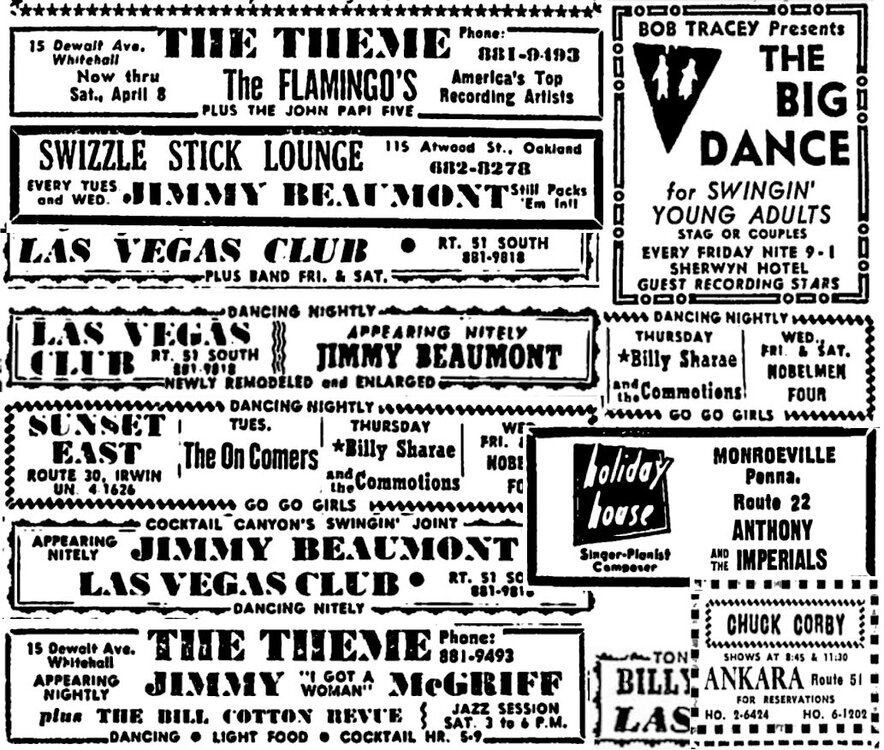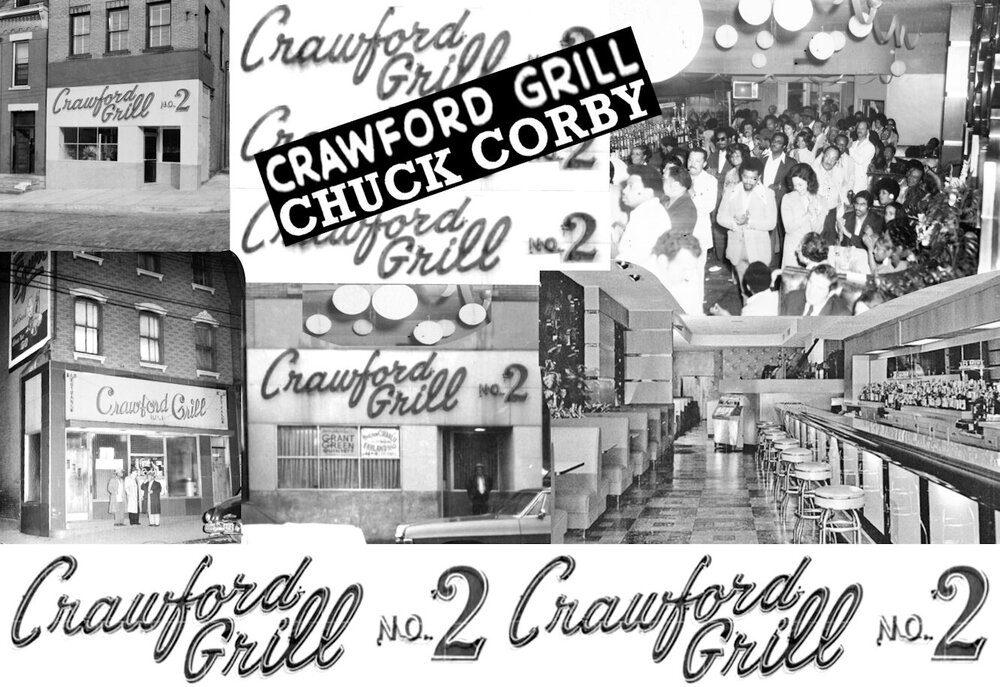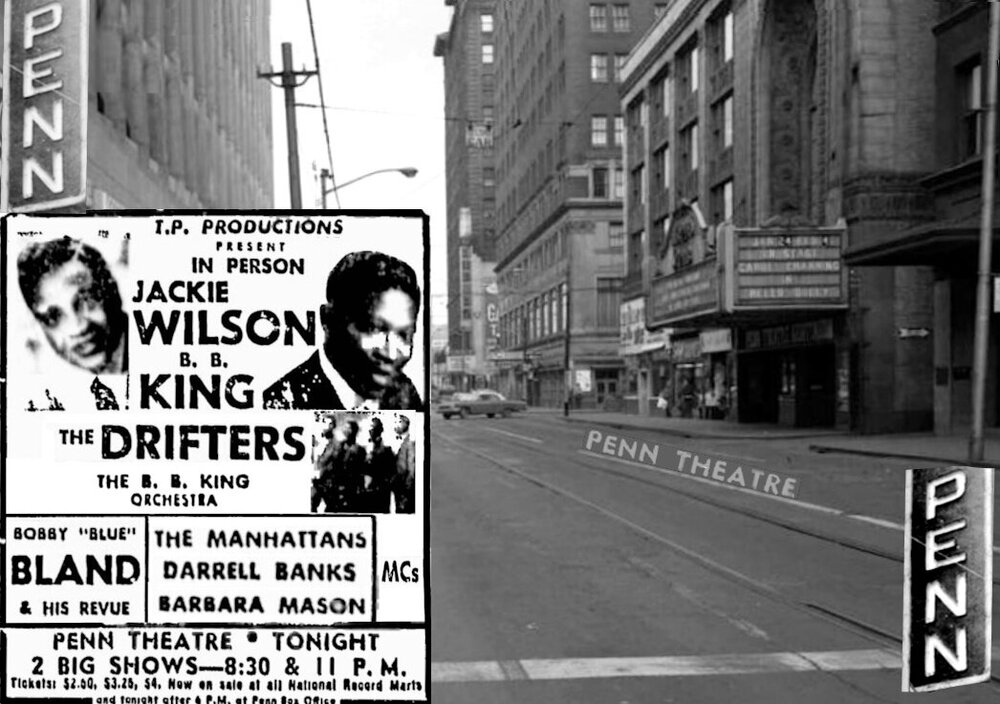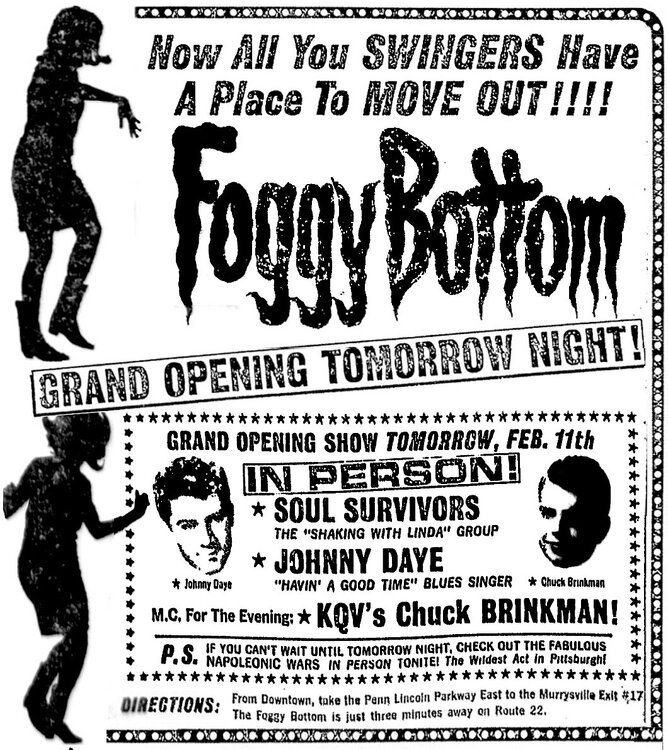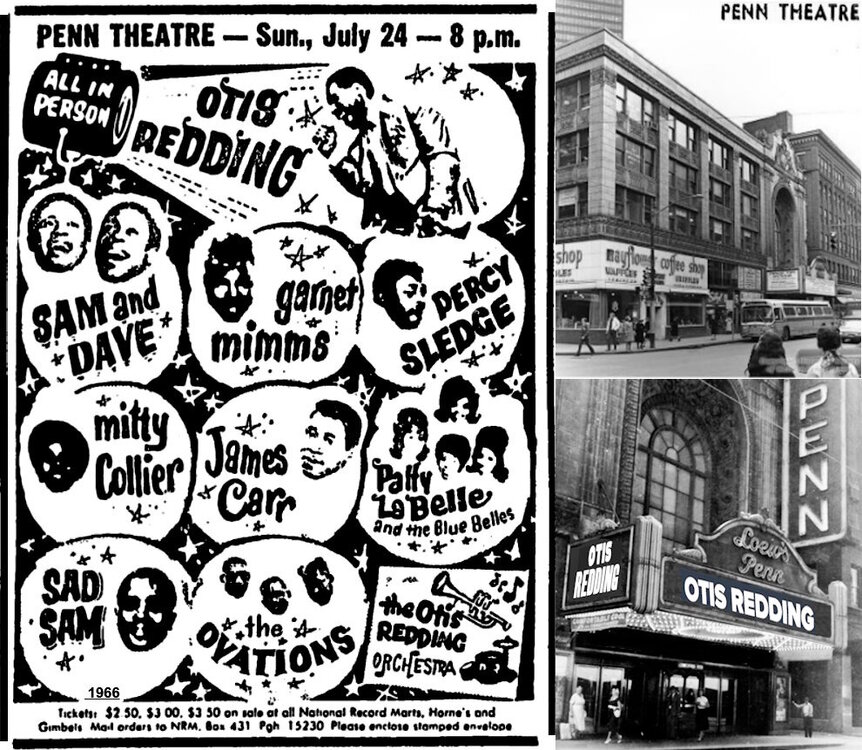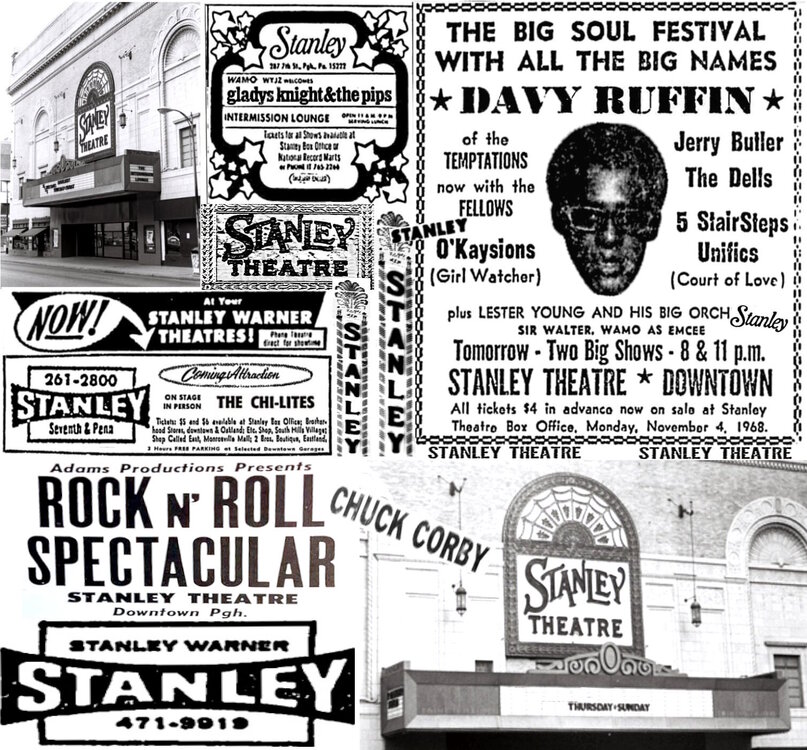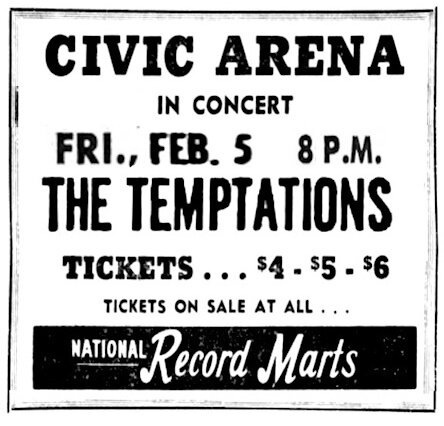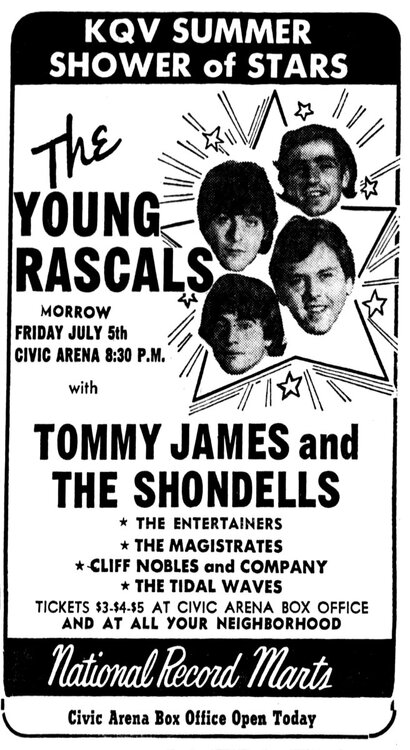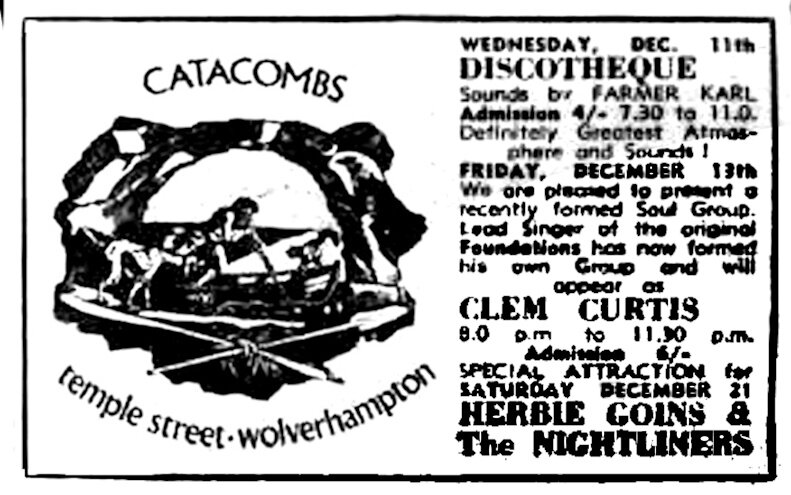Everything posted by Roburt
-
The Birth of Soul
There was a jazz album from COLEMAN HAWKINS just titled Soul (Prestige) released in 1958. ... another jazz album from HANK MOBLEY titled Soul Station (Blue Note) released in 1960. Also yet another jazz album from BARBARA LONG just titled Soul (Savoy) in 1961. Also in 61; Ray Charles had his Genius + Soul = Jazz LP (Impulse) out. So the term was out there before & around the start of the decade, but was being used in a musical sense by jazz artists. In fact JAZZ had it's own (almost) complete language ... jazz slang ... where 100's of different terms were used on a regular basis ... one of these was ... SOUL JAZZ -- which was a genre of music that emerged in the late 1950s and early 1960s, blending elements of jazz, R&B, and gospel music all together. GOING BACK TO THE RAY CHARLES ALBUM ... the sleeve notes state that this album demonstrates Ray Charles pushing the boundaries of music utilising the Hammond organ. The music is out & out jazz with an emotional projection ... as SOUL MUSIC was really R&B fused with gospel, I'd guess that would be R&B with an emotional projection ...
-
The Birth of Soul
If you were living in Baltimore in 1960 & attended these 4 shows @ the Royal Theatre ...I'm sure you'd have witnessed a few PURE SOUL filled performances of these artists recordings ...
-
Impressions unissued tracks
RE: their ABC period. ABC records were cutting stuff everyday for years. Some tracks were never released & the tapes just ended up in the master tape storage facility. One day an application was made by the ABC creatives to have money allocated to construct extra tape storage space. The label's bean counters weren't happy. They had a better idea. Just take all the tapes that contain unreleased stuff & throw them away. That way, you'll create 10 to 15% capacity in the existing tape stores and we'll not have to waste money providing additional capacity ... AFTER ALL, what use are we ever gonna make of tracks that weren't released at the time they were laid down. WHO KNEW MONEY MEN WERE CAPABLE OF TAKING SUCH A BRILLIANT DECISION.
-
Double Sided 45's
The Laddins had been popular since 1958 and it had become an annual event for them to go down to Miami to perform each winter. This earnt them money but also got them away from the awful weather in New York. They built up a strong following down in Florida and so their shows there were always popular. Even when their doo-wop sound was out of fashion, they still got plenty of bookings in Miami. But they knew they'd have to change with the times & so by 1964 they were doing soul styled covers of old standards such as DREAM BABY. Most of their live act was covers of recent soul hits though, so they stayed relevant with their audiences. But to re-energise their recording career, they need a new identity, so they became the Steinways. HOWEVER, down in Miami, folk knew who the Laddins were but not the Steinways. So they continued to be advertised as the Laddins on live shows as late as 1966. Luckily for them, some of the Steinways 45's managed to get playlisted on Florida / Miami radio stns. "My Heart's Not In It Anymore" made WLOF's chart in Orlando and then "Call Me" spent 5 weeks on WMBM's (Miami) chart. So, they felt brave enough to accept some bookings under the Steinways name.
-
The Birth of Soul
1953 >> Faye Adams . . . released here in 1968 on Bell's Cellar Of Soul Vol. Two
-
Double Sided 45's
Four more from me ... Martha And The Vandellas -- Heat Wave / A Love Like Yours (Don't Come Knocking Everyday) Edwin Starr -- Stop Her On Sight (S.O.S.) / I Have Faith In You J. J. Barnes -- Baby Please Come Back Home / Chains Of Love Edwin Starr -- I Am The Man For You Baby / My Weakness Is You
-
Double Sided 45's
One I forgot to list ... The Steinways – My Heart's Not In It Anymore (Babe, Babe, Babe) / You've Been Leadin' Me On . . . . aka The Laddins
-
Double Sided 45's
On a recent thread, this was posted ... Talmadge Armstrong And The Escotts - Spindletop .... Talmadge Armstrong got to be the best double sides ever. It got me thinking about which other singles have both great A & B sides ... Off the top of my head, here's what I came up with ... Bud Harper -- Mr. Soul / Let Me Love You Robert Parker -- Barefootin' / Let's Go Baby (Where The Action Is) the Emotions -- So I Can Love You / Got To Be The Man Otis Redding -- Respect / I've Been Loving You Too Long (To Stop Now) Don Covay -- Seesaw / I Never Get Enough Of Your Love Wilson Pickett -- Mustang Sally / Three Time Loser The Drifters -- Up In The Streets Of Harlem / You Can't Love Them All The Dells – Wear It On Our Face / Please Don't Change Me Now Billy Stewart – Because I Love You / Mountain of Love Four Tops -- Standing In The Shadows Of Love / Since You've Been Gone The Contours -- Determination / Just A Little Misunderstanding The Temptations -- My Baby / Don't Look Back Major Lance -- Ain't No Soul / You'll Want Me Back Soul Children -- Give Me One Good Reason Why / Bring It Here The Soul Children – Hearsay / Don't Take My Sunshine Sam And Dave -- Hold On I'm A Comin' / I Got Everything I Need Sam Dees -- Worn Out Broken Heart / Come Back Strong Helena Ferguson – Where Is The Party / My Terms Homer Banks – A Lot Of Love / I'm Fighting To Win East Wind Band -- Read The Fine Print / Talk To Me Prince George – I Love Too Hard / Wrong Crowd
-
Blaxploitation Movies
The HIT EM HARD soundtrack was the creation of Bobby Davis (BDE Records aka Bobby Davis Enterprises) ... his Bobby Davis Orchestra were the band on the album. A couple of years later he came up with -- Music From The Motion Picture "The 'Zar Of New Orleans" -- another so-called movie soundtrack album. This was released on BDR -- Bobby Davis Records. ONCE AGAIN, I can find no evidence that a movie of that name was ever made. Guess it was a marketing ploy of his. A similar situation exists with Teddy Vann's COLOREDMAN superhero -- this persona was created & the THEME FROM ... track cut in the hope a TV series would follow ...
-
Results-Anglo American Auction - 6pm - Thu 22nd May 2025
Guess they didn't have the money for a more full backing PLUS the studio was quite a basic set-up .... . . . . . BACK GROUND INFO ... Quin Ivy opened his own studio, Norala. Ivy recalled “I had a total investment in that studio of $7,000, It was put together on a shoestring.” His new studio's fortunes changed in late 1965, when Ivy and Marlin Greene cut “When a Man Loves a Woman” (Percy Sledge) there. “We cut [it] in mono on a little two-track machine with me engineering… With the money that track made, Ivy was able to build a larger, more modern facility at 1307 Broadway and he moved his newly rechristened Quinvy Recording Studio in there in mid-1968. In 1969, Ivy sold his old studio on 2nd Street to Billy Cofield (who had played saxophone on “When a Man Loves a Woman”). Cofield and his partner, James Thomas, then reopened the facility as Paradox Recording Studio. They started their own PARADOX RECORDS as a vehicle to release tracks cut at the studio. Their ventures were however short-lived and in 1973, the Muscle Shoals Sound Studio team took over the building and converted it into a writer’s workshop and demo studio.
-
News: Greg Belson UK Club & Radio Tour Dates - June & July 2025
Buga, no show nearer than London or Rugby.
-
Results-Anglo American Auction - 6pm - Thu 22nd May 2025
<< Charlene & The Soul Serenaders - Volt - 1300 >> I love the varied soul sounds that Stax Records committed to tape, however this track was an 'outside recording' (cut in a basic Muscle Shoals studio) picked up from a little indie label for release on Volt. To me it's a very messy track with below par lead vocals (on this side of the 45 at least). As this sale was of the Volt version, not the Paradox 45, can't understand why it goes for so much money ( & I know it's a NS dancer but it 's far from being one of the best of the genre). Guess it has to be cos many Volt copies out there are SS demo's which don't feature this cut. I'd buy a Volt demo as "Love Changes" is a very classy example of deep soul.
-
News: 1964 – The Year Billboard Abandoned R&B.
Didn't put up the relevant RECORD WORLD R&B chart on the above post ... only just noticed ... thought I'd also post this up to supplement the info above. a November 1960 Balto club gig for Sonny Til. One of his supporting singers being Virgie Tillman aka Virgie Til (lovely singer - - - & not a bad looker either) ....
-
Marvelous Ray
Pity my article about Marvelous Ray disappeared when RareSoulForum.co.uk became defunct. Don't think I've even got a copy of it myself anymore (written on a computer that has long since gone to the eternal resting place in the sky ... not the cloud btw). Marvelous & myself in Cleveland airport (way back in time) ...
-
Impressions unissued tracks
The impressions recording career (in the main) ran for a period of almost 30 years -- from 1958 to 1987. After years with ABC, Curtis M took them with him to his Curtom label. The group stayed with Curtom till 1976, but then moved to Atlantic's Cotillion label. They were teamed with McKinley Jackson and then were reunited with Johnny Pate by Cotillion, but their stay with the label lasted less than a year (76 into 77). They seemed to be without a record deal in 1978. Next, like many other vintage Chicago soul acts, they were signed to Chi-Sound (20th Century) and worked there with Carl Davis & Eugene Record. There stay with the label ran from 79 to 81 and towards the end of that period, they cut a re-working of their old hit "For Your Precious Love". This track got them back onto the national R&B charts. But again, they went without a deal till MCA signed them in 87. Their MCA 45 put them back on the R&B chart but didn't result in a follow-up release. I would guess that they were cutting tracks in an attempt to land a record deal in 1978 and from 1982 to 1986. Then again after 1987. With "Precious Love" getting them onto the charts, I'd make a stab at these tracks being cut around 1988 / 89 / 90 ... BUT I'm just guessing here. With the Ripete 45 dated as 1989, they would have had to have cut that track in 1988 or 89 and then gone shopping for the deal.
-
Classic Wigan Casino Instrumental
At last; a decent record gets a mention.
-
News: 1964 – The Year Billboard Abandoned R&B.
Jumping back exactly one year now: to Independence Day weekend 1964 -- so within the period that Billboard had abandoned it's R&B chart / coverage ... A big 45 at the time was the Impressions -- Keep On Pushing. This had started out strong in Chicago but quickly spread right across the US, getting plays on both R&B + pop radio stns. The 45 had been released late in May 64 and it was getting plays from the off. By early June it was on the pop charts on stns in Vancouver, Philly plus in California, Texas & Pennsylvania. By the start of July it was #5 on WHK (pop stn) in Ohio. It was also on the national R&B charts; climbing to #7 on Cashbox and to #9 on Record World's R&B charts. It was #23 on Cashbox's top 100 pop chart. In Baltimore, it was #4 on WEBB's chart, It was the #1 seller @ One Stop's in Newark & Chicago (these serving black owned record shops). One the live front, there was a big show, hosted by Fat Daddy @ the Royal Theatre in Baltimore and Frankie Beverly & the Butlers were on with an impressive cast @ Carr's Beach. Two big shows that weekend in DC too -- the Marvelettes, Tommy Hunt, Wilson Pickett & the O'Jays starring @ the Howard Theatre, with the Miracles, Kim Weston, Marv Johnson, Bobby Parker & Little Royal on @ the National Guard Armory. A Baltimore singer's career was really taking off at the time. She being Virgie Till. Vergie had been taken under the wing of Sonny Til (ex of the Orioles) a few years earlier. Virgie had joined his show on a regular basis and the pair were appearing all over the place together. HOWEVER, Sonny's wife wasn't accepting the story that Virgie was Sonny's young niece and a showdown occurred. The outcome being Sonny being sued for divorce.
-
Bob Abrahamian collection website (Stax)
Bob was primarily a Sweet Soul lover, so lots he liked best wasn't really up NS fans street.
-
Pittsburgh Club Scene -- mid 1960's
A scan from my Chuck Corby article in a recent SOUL UP NORTH mag (#121) ... ALSO a pic of Chuck performing way back in 1961 + a pic of him with FOUR + 1 ...
-
Pittsburgh Club Scene -- mid 1960's
MORE FROM CHUCK ... connected to the Pittsburgh venues in my 1st post ... back in 1964-65 I was with the group Four Plus One we were playing right down the street on route 51, for John Adams at the Golden Nugget. At that time route 51 was what they called 'Cocktail Canyon', filled with night clubs all up and down the Strip. Jimmy Beaumont was playing the hottest club at that time, the Las Vegas nightclub. On the other side was the San Francisco nightclub. Someone told Jimmy about this young kid singing at the Golden Nugget, so Jimmy came in one night (He never told anybody he was there to hear me). Then he told one of the ladies who worked there (Patty Patrone) to tell us to go up to the Las Vegas one afternoon -- I believe it was on a Wednesday audition day. I couldn't believe it, so we did just what he asked. At the time, I really respected Jimmy, in my estimation he was the best of all time. We went to the club, told the manager who we were & that Jimmy Beaumont had sent us. The manager told us to hold on and he went to get Jimmy and the owner who weren't there at that time. Back then I wanted to be Jimmy Beaumont, I tried to sing just like him, act like him on stage. When we were finished performing Jimmy called me over and said the owner likes you, he wants to hire you. Jimmy said "Chuck, you have to be yourself, don't try to be me. Be yourself and I think you can go a long way in this business". I'll never forget the advice he gave me at the time. He had no clue who I was. There wasn't a Chuck Corby yet. I was still Chucky Ciorra from the little Italian community in Pittsburgh ..... Chuck also confirmed that he & Billy Sha-rae kept in touch after Billy relocated to Detroit. Chuck was over in the Motor City to perform at a club; Harold's Club. He got up on stage with Billy and his group one night. We performed together for a long time as they were the house band at this club there. That was way back in the '60s and it was probably the last time Chuck saw Billy. Luckily, I found an ad from that era, when Chuck was performing with his first group, FOUR + 1 (Chuck being the 1).
-
Pittsburgh Club Scene -- mid 1960's
That review was playing gigs up & down the US eastern seaboard at the time (Pittsburgh, Baltimore, DC, Philly, New York, etc.). Even more acts on the review for some shows, see below. Love the MABEL & JOHN entry; guess the phone ad taker knew very little about the stars who were going to appear locally.
-
Pittsburgh Club Scene -- mid 1960's
Like most US cities, Pittsburgh had a thriving club scene back in the 1960's. From top jazz venues such as the Hurricane Lounge and Crawford Grill through bars / lounges to bigger venues such as the Penn Theatre, Stanley Theatre, Civic Arena & Syria Mosque. A wide selection of live acts were performing around the city, both black singers and blue-eyed soulsters (Pittsburgh had more than it's fair share of these). On any given weekend, you could catch top acts performing in various different venues ... I asked Chuck Corby about his early years in the business and he confirmed that he played all the same venues as other locals (George Benson, Billy Sha-rae, Jimmy Beaumont, etc.) The bigger venues around town played host to big recording acts. So, you could catch a wide selection of acts on a regular basis back then ... Chuck confirmed that he played all the same venues as the likes of Billy Sha-rae and the two shared the stage on occasions, I'd have loved to have witnessed one of those shows ...
-
Classic Wigan Casino Instrumental
WOT ?!?!? .. no mentions for COCHISE ... a mid 70's monster.
-
Catacombs, 1973.
In 69 it wasn't as soulful (which is probably why the Kidderminster lads -- Mick & John -- were heading up to the Wheel on a regular basis). Though it had been more soulful a few months earlier ...
- record repaired

